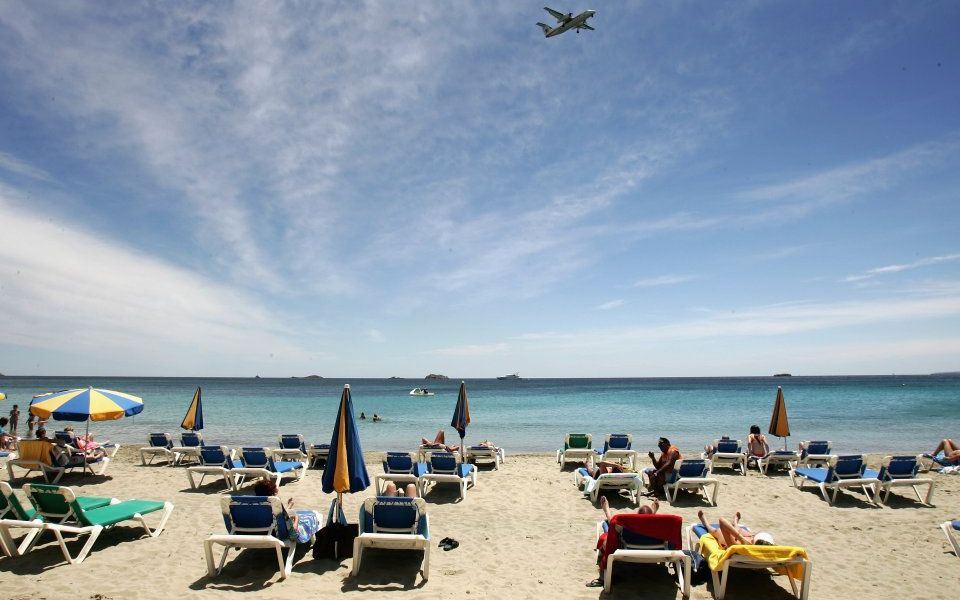Inflation driven to six-month high by fuel and package holiday prices

Inflation in the British economy rose at its fastest rate in six months in the year to August, with increases in prices of petrol and package holidays among the main contributors to price growth.
The consumer price index (CPI) tracking inflation rose by 2.7 per cent compared to last year, according to the Office for National Statistics (ONS), the highest rate since February and well above economists' expectations of 2.4 per cent.
Sterling rose in the immediate aftermath of the release to hit a high of $1.3215 against the US dollar – the first time it passed the $1.32 mark since July – before retreating.
Transport costs were the biggest contributor to the increase in prices, with prices rising by six per cent in the last year, the fastest since April 2017.
Meanwhile, prices for recreation and culture rose at the fastest rate since 2010, as the price of package holidays jumped. Theatre ticket and toy prices also rose significantly.
The figures underline the belief of economists at the Bank of England that inflationary pressure is building in the British economy, justifying a much-criticised hike in interest rates at the start of August.
Ian Stewart, chief economist at Deloitte, said: “The Bank of England’s decision to raise rates in August looks eerily prescient given the surge in inflation and growth over the summer.”
However, Suren Thiru, head of economics at the British Chambers of Commerce (BCC), said he expects the rise in inflation remains "transitory", in spite of continued signs of higher inflation further down the supply chain. Producer price inflation, which measures prices paid for goods leaving the factory gate, hit 2.9 per cent, according to figures also published today by the ONS.
“Inflation should resume its ease back towards target once the impact of the recent increase in oil prices drops out of the calculation," Thiru said.